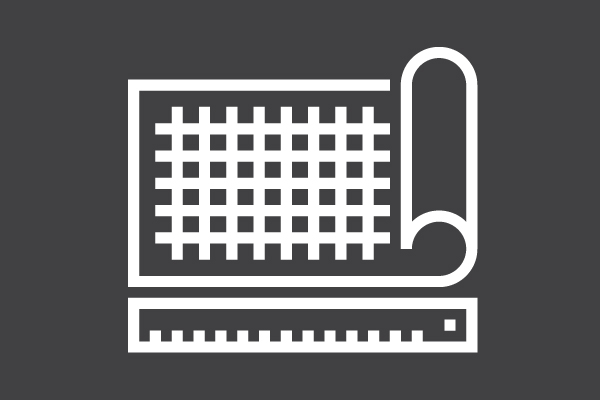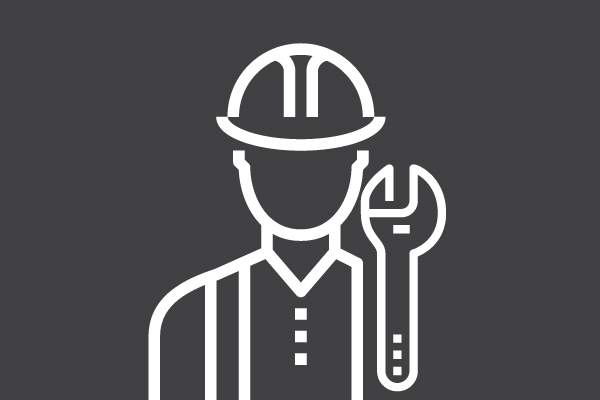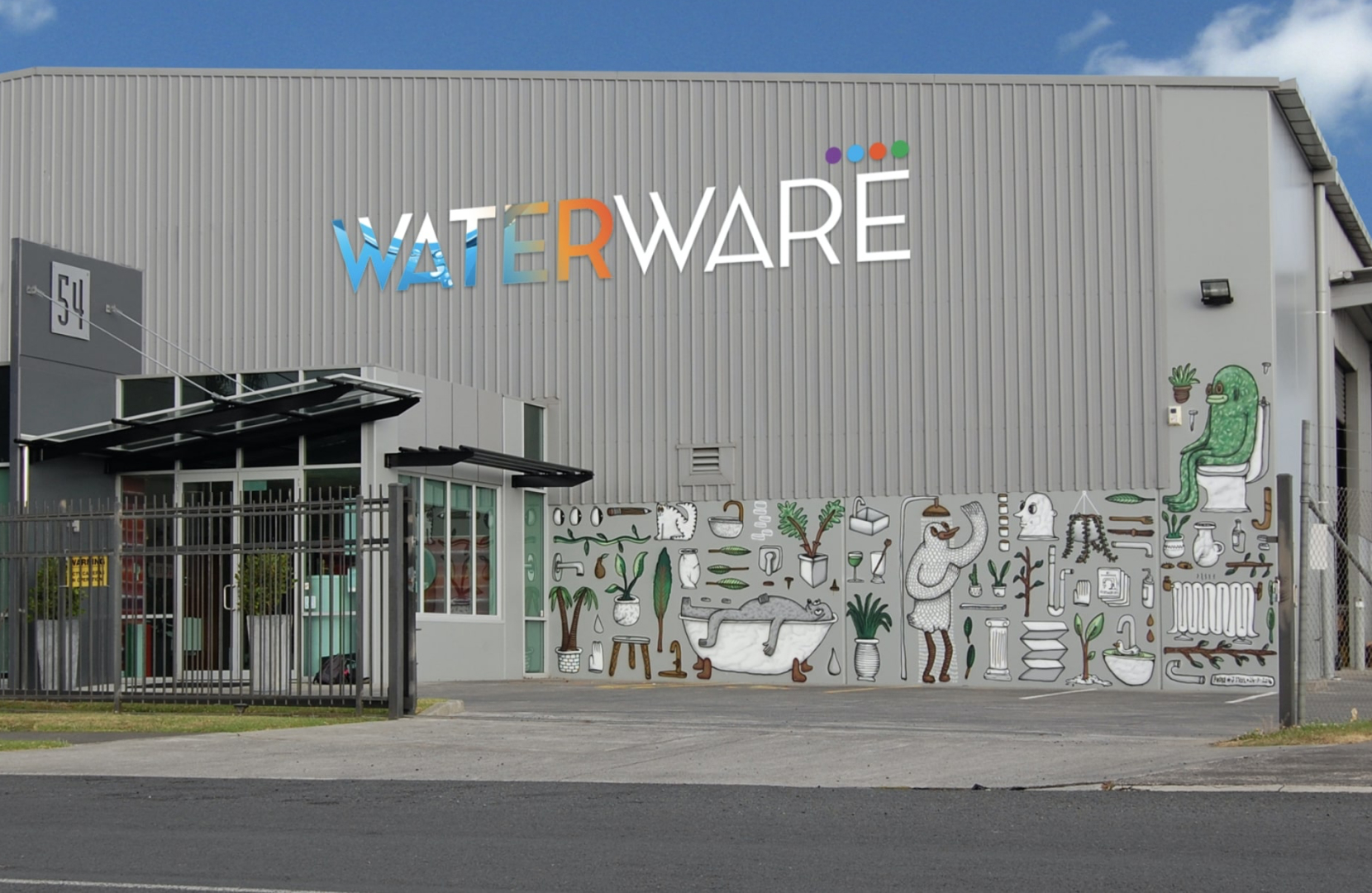To get started we need to understand your expectations and preferences (as far as you understand them) along with what fuel options you have available at your location.
Radiant Central Heating & Cooling Systems

Like the warmth from the sun, hydronic solutions use radiation and convection to spread warmth evenly throughout your entire home without hot and cold drafts or circulating dust. Radiant energy heating and cooling has many benefits, and it’s the underlying reason why Waterware has developed expertise in this area with three technologies available for commercial and residential applications.

Radiant energy is the energy of electromagnetic waves. These waves can travel through space and are made up of tiny particles called photons – think of them as little packets of energy. Nature always tries to find a balance, where things that are warm become cold, and things that are cold become warm. These principals are used in radiant energy systems to heat or cool a space, creating perfect comfort.
The way in which this happens is by radiant exchange using radiant energy. It’s the warmth you feel from the sun or camp fire, and the cold you feel from standing on the ski field or in the cool store. By manipulating the surface temperature of items in your house we can heat or cool as required by letting radiant energy perform its magic.
Radiant energy heating and cooling has many benefits, and it’s the underlying reason why Waterware has developed expertise in this area with three technologies available for commercial and residential applications.


Waterware provides 3 radiant energy solution; Active Ceiling, Underfloor and Radiators. These systems all provide a uniformity of temperature, are silent, healthy, and represent a low running cost option for home or commercial heating and cooling solutions. With no air blowers there is no air movement, and no recirculation or collection of dust particles resulting in cleaner air.
All systems can be efficiently managed through a centralised controller that caters to zoning requirements. This allows you to minimise any wasted heat. Flexibility is also provided where either electric, gas, or diesel boilers – which support the radiant energy systems – can be installed depending on the available services in your area.

These systems all provide a uniformity of temperature, are silent, healthy, and represent a low running cost option for home or commercial heating and cooling solutions. With no air blowers there is no air movement, and no recirculation or collection of dust particles resulting in cleaner air.
All systems can be efficiently managed through a centralised controller that caters to zoning requirements. This allows you to minimise any wasted heat. Flexibility is also provided where either electric, gas, or diesel boilers – which support the radiant energy systems – can be installed depending on the available services in your area.
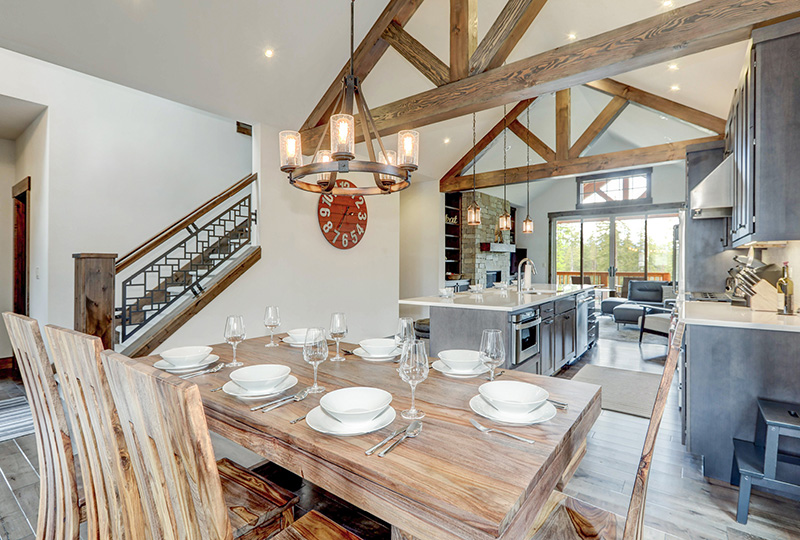

All of Waterware’s radiant energy systems can be integrated with domestic hot water production, saving you up to 70% on your hot water bill.
Waterware’s highly trained team of in-house technical specialists will work with you to design a solution that meets your requirements, as well as full technical support during and after the project.
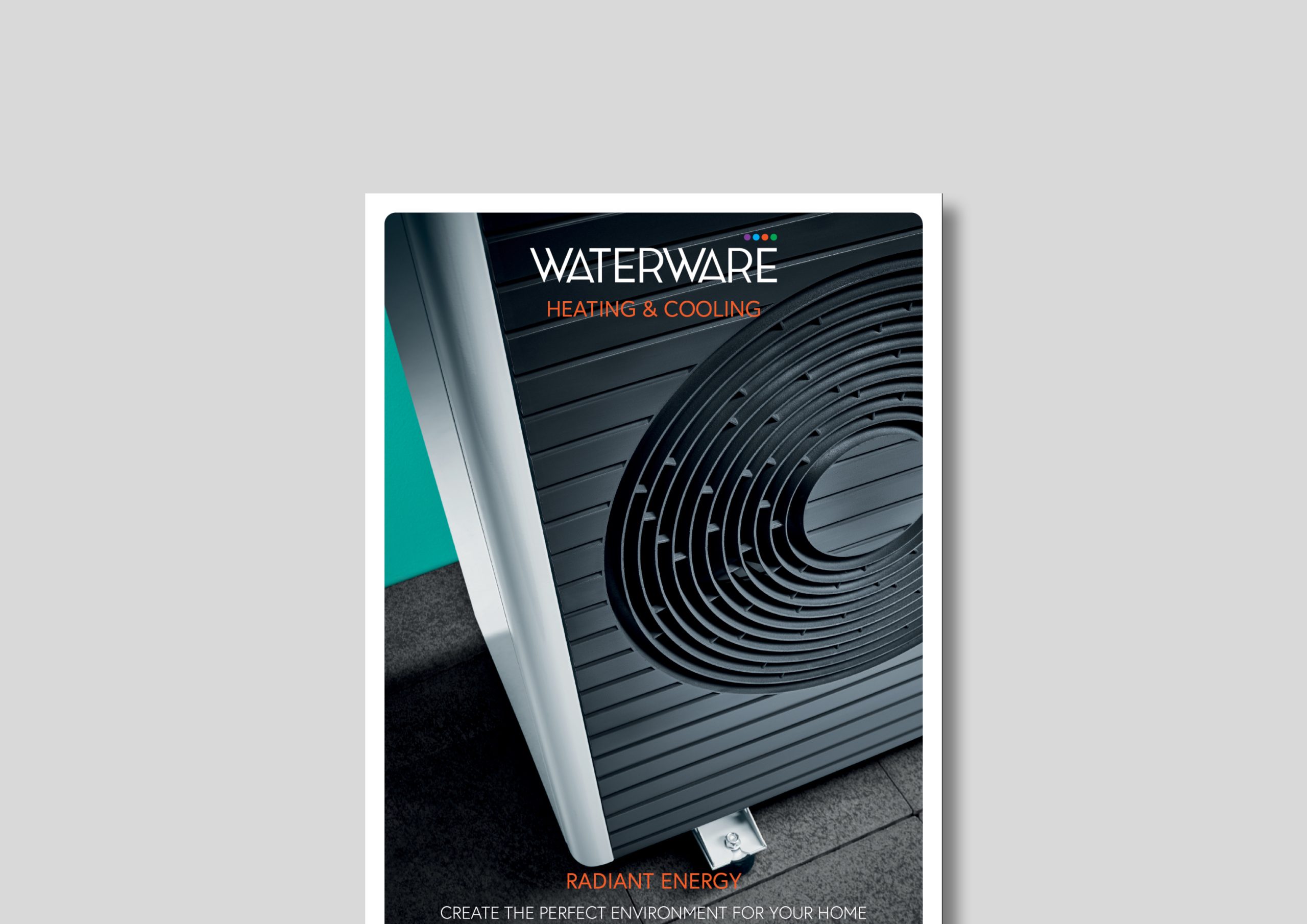
Download our brochure if you would like to understand more about our central heating and cooling solutions, estimated installation and running costs, or our design process.
The costs associated with a central heating and cooling system can depend on many things, such as the size of your home, the type of boiler you use, and the quality of the products you are installing.
A four-bedroom home with two living spaces and a gas boiler can cost between $14,000 and $18,000 with some wiggle room. A diesel boiler central heating system in a home of the same dimensions may cost between $19,000 and $25,000.
Yes! While you can decide to install a central heating and cooling system when building a new home, heating and cooling experts can also install them in existing homes and commercial structures.
The process for installing central heating and cooling can depend on your chosen installer. Often, they ask questions to determine your needs, get a copy of your house plans, design a system for your home, and begin the installation process.
Out of all heating types in NZ, central heating and cooling would have to have one of the longest lists of benefits. It’s efficient, effective, silent, and provides a comfortable and even amount of heat throughout your home.
Some of the most popular forms of central heating in NZ are underfloor heating, radiator heating, and, in more recent years, Active Ceiling heating and cooling systems. Central heating and cooling uses a variety of heating sources to transfer warmth to different parts of your home.







